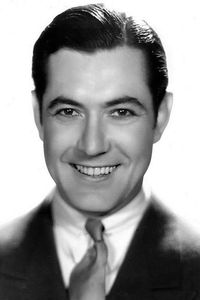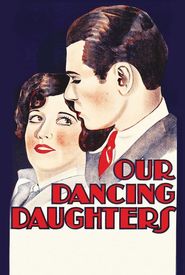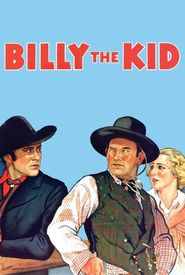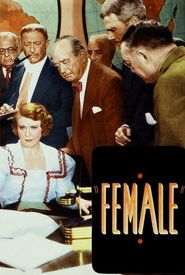Johnny Mack Brown's life took a dramatic turn when he opted to trade in his football cleats for a career in Hollywood. After graduating from the University of Alabama, where he was an All-American halfback, Brown signed a contract with MGM in 1926. His film debut came in 1927 with the baseball-themed movie "Slide, Kelly, Slide," alongside William Haines.
Brown's early filmography showcased his versatility, with appearances in "The Bugle Call" (1927) alongside the fading Jackie Coogan, and "A Lady of Chance" (1928),the final silent film of the legendary Norma Shearer. He also worked with Hollywood royalty, including Greta Garbo, Marion Davies, and Mary Pickford.
Despite his dashing good looks, Brown struggled to find his footing in the competitive film industry. Clark Gable's rising star power at MGM meant that Brown was often overlooked for key roles. However, a chance to work with director King Vidor on the western "Billy the Kid" (1930) proved to be a turning point.
Although Brown's career at MGM was short-lived, he continued to make westerns for lower-tier studios like Mascot and Supreme Pictures. He also appeared in serials, such as "Wild West Days" (1937) at Universal. In 1943, Brown joined Monogram Pictures, where he would go on to make over 60 westerns, often playing the role of "Nevada Jack McKenzie" in the Rough Riders series.
As the years passed, Brown's popularity endured, and he remained one of the top ten money-makers in westerns from 1942 to 1950. However, like many cowboy stars, his career eventually succumbed to the changing tastes of the audience, and he eventually hung up his boots in 1953.






























































































































































